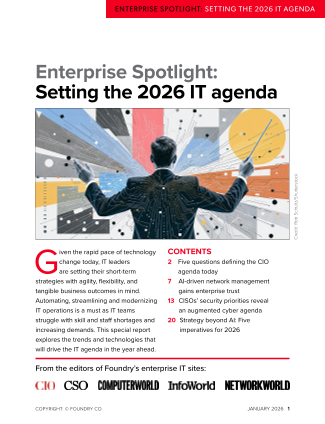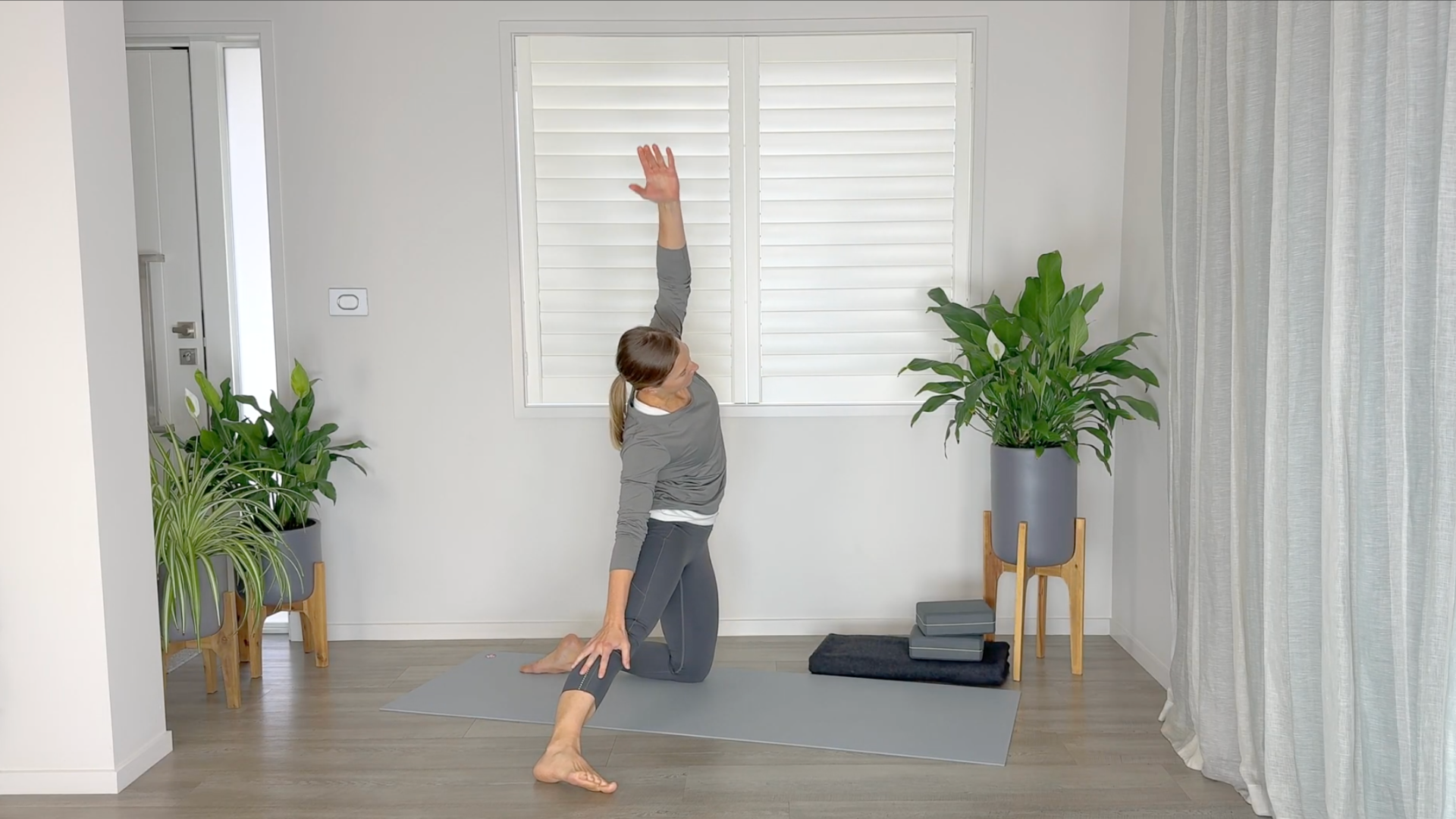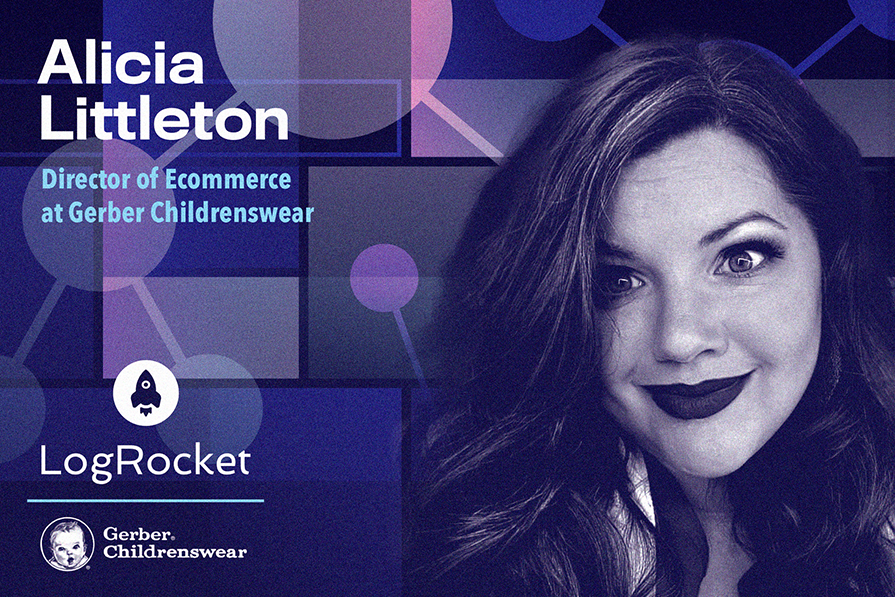fromBusiness Insider
5 days agoI did nothing for my flexibility but take 2 Pilates classes a month. I improved by almost 20%, according to a 3D scan.
I got a 3D scan that measured my flexibility last August, hoping the predictably subpar results would finally inspire me to stretch more. Then, I did basically nothing. Even knowing my shoulder rotation movement was in the "red" zone - needing serious improvement if I wanted to avoid future pain - it wasn't enough to get me to devote three minutes of light stretching before my cardio and strength workouts as suggested by trainers I had spoken with.
Exercise























